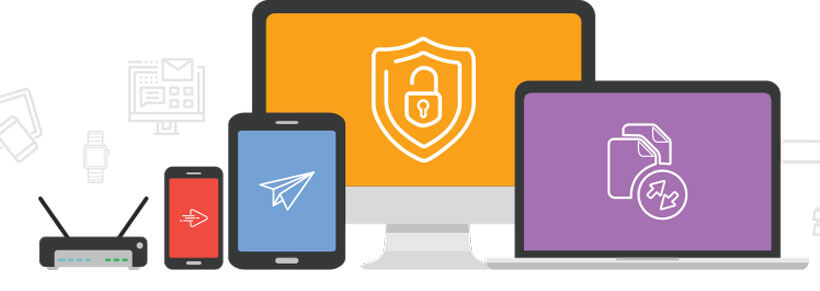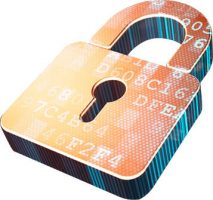PureVPN was founded in 2006 and launched its first commercial service in 2007. It’s based in Hong Kong and has built quite the reputation over the years, receiving praises from the likes of The New York Times, CNET, and Mashable.
The burning question, though, is whether PureVPN provides complete online security for its users. We’re no strangers to this service ourselves and have conducted a thorough research, testing all of its relevant features. Keep on reading to see if it passed our security test or not.

Logging Policy
PureVPN doesn’t keep activity logs, but they do record session logs. This means they won’t monitor, for example, which websites you visited, which software you used, what you downloaded, and so on.
On the other hand, they do monitor the duration of your sessions, attempts of accessing their servers, and bandwidth used. They justify this by stating that it helps improve their service at no harm to the users. Honestly, don’t worry about it too much.
The thing we don’t particularly like, however, is the set of data they collect during registration. It includes:
- Name
- Email address
- Phone number
Usually, we just expect VPN services to ask us for our emails during registration. Giving your name and personal phone number just feels risky at best. PureVPN does state that they will not share your information with absolutely anyone, but it would be better if they didn’t ask for those things in the first place.
Lastly, the company is based in Hong Kong, which is not subject to any mandatory data retention laws.
Encryption

PureVPN offers a wide range of protocols including OpenVPN, PPTP, L2TP/IPSec, IKEv2, and SSTP. As always, we would recommend OpenVPN since it utilizes AES-256 encryption and SHA-1 hash authenticator. This makes it much more secure than the other options.
PureVPN also provides a slew of add-ons, which can further toughen the encryption and overall safety of your connection. Some of these add-ons include a dedicated IP address, NAT Firewall, and DDoS protection. These extensions are definitely attractive to all those concerned with online security, as well as to casual gamers and streamers.
P2P
PureVPN does support P2P, but not on all of its servers. The ones that do support it are clearly marked.
The company currently operates more than 2,000 servers in 141 countries all over the world and also has its self-managed VPN network, which enables some of the fastest VPN speeds on the market.
DNS Leaks
This is where our security story takes a turn. Namely, during our testing, we did detect some DNS leaks, which revealed our true location. These do provide a cause for concern and we hope PureVPN fixes the issues as soon as possible. Up to this point, we were moderately impressed by the service.
On the other hand, this VPN wasn’t recognized as such by Netflix, which makes it a member of a very small and chosen group of services.